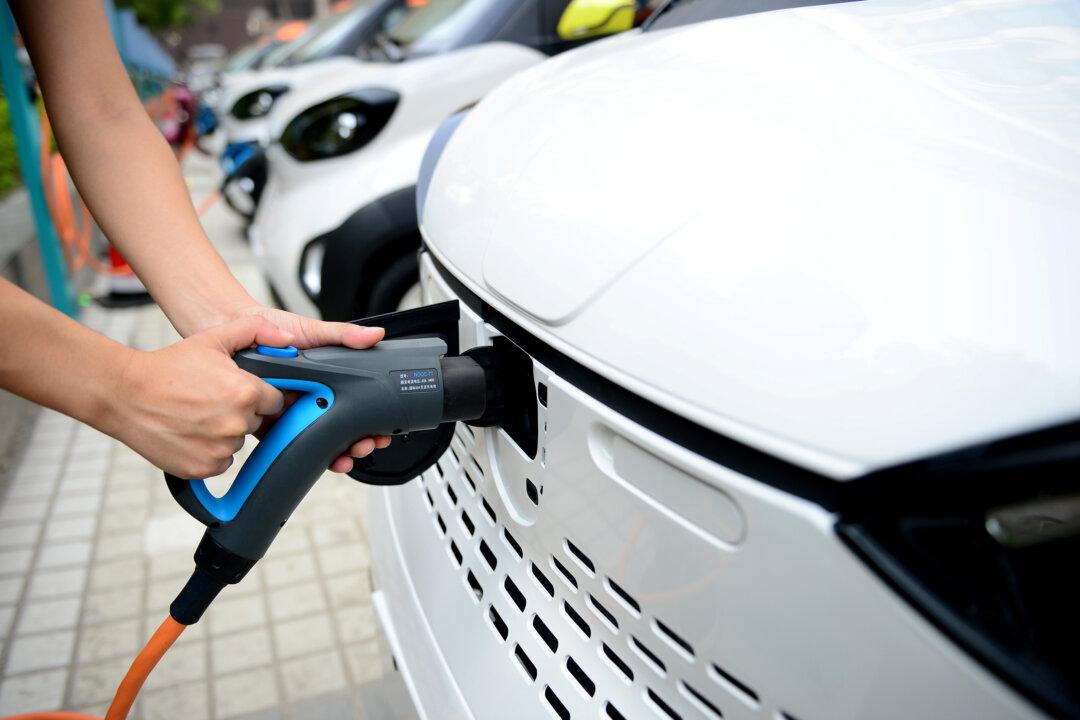The Thai-Chinese Chamber of Commerce said on June 25 that Chinese electric vehicle (EV) makers are targeting an entry into Thailand’s market with plans to establish manufacturing and distribution bases.
Narongsak Putthapornmongkol, the chamber’s chairman, announced this during the World Chinese Entrepreneurs conference in Bangkok, which brought together 4,000 Chinese entrepreneurs from various countries.





